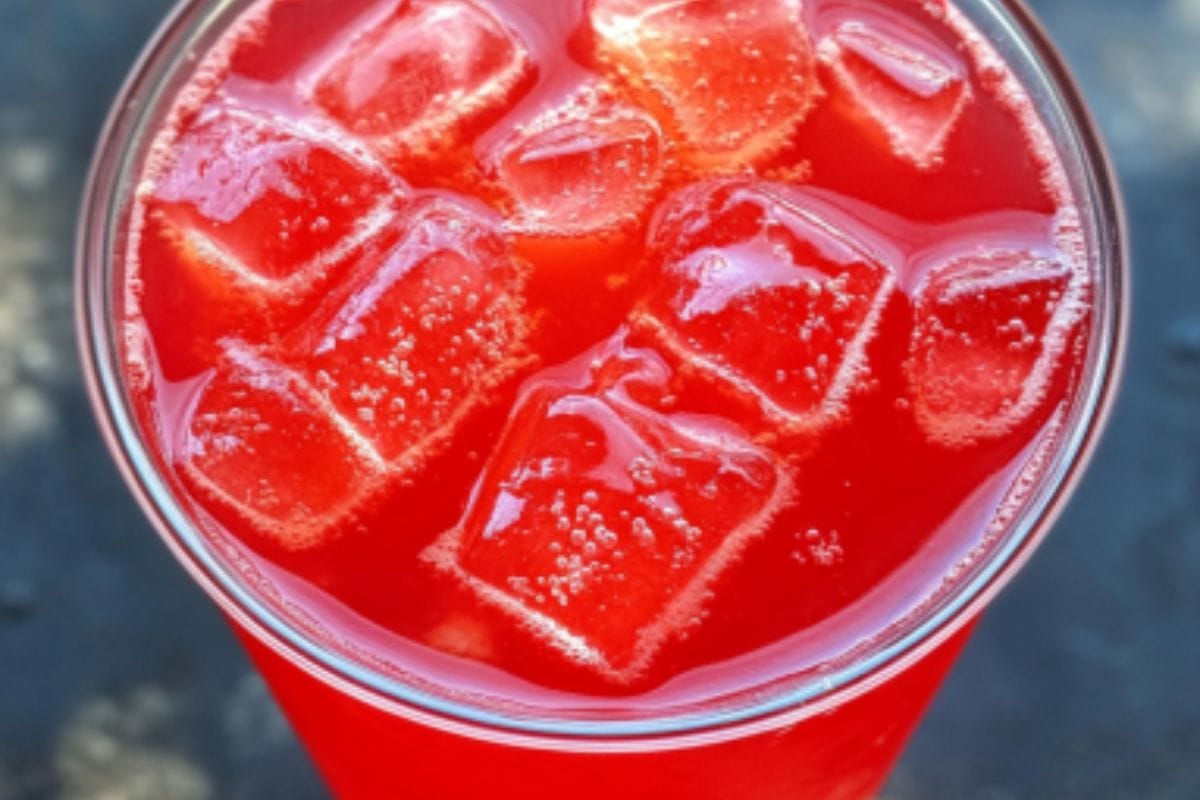Bug Juice was a beloved drink, especially popular among kids at summer camps across the United States. Known for its vibrant colors and sweet flavors, Bug Juice became a symbol of fun and childhood nostalgia. However, fans were taken by surprise when the news broke that Bug Juice was discontinued. This article explores the reasons behind the discontinuation of Bug Juice, its impact on consumers, and what alternatives are now available.
What Was Bug Juice?
Bug Juice was a sugary, fruit-flavored drink marketed primarily to children. It was often associated with summer camps, where it was a popular beverage choice due to its sweet taste and vibrant colors that appealed to kids. The drink came in a variety of flavors, each one more colorful than the last, contributing to its popularity. The term “Bug Juice” itself became synonymous with the quintessential summer camp experience, evoking memories of fun, outdoor activities, and camaraderie among campers.
The Popularity of Bug Juice
The popularity of Bug Juice can be attributed to its clever marketing strategy. The name “Bug Juice” played on the camp-themed experience, which resonated well with its target audience. It was widely available in convenience stores, making it easily accessible to its primary consumers: children and teens. Moreover, its affordable price and attractive packaging contributed to its wide acceptance and popularity. According to a detailed overview on The Daily Meal, the nostalgic appeal of Bug Juice made it a staple in many households and camps.
Reasons Behind Bug Juice’s Discontinuation
The sudden discontinuation of Bug Juice left many fans puzzled. Here are some of the reasons that may have led to its end:
- Health Concerns: Over the past decade, there has been increasing awareness about the health effects of sugary drinks. According to the Harvard T.H. Chan School of Public Health, excessive sugar consumption is linked to various health issues, including obesity, diabetes, and dental problems. Parents and health experts have become more cautious about the sugar content in children’s beverages, leading to a decline in the popularity of sugary drinks like Bug Juice. Additionally, reports from Chesbrewco highlight concerns about the high sugar levels in Bug Juice as a factor in its decline.
- Changing Consumer Preferences: The shift towards healthier lifestyles has influenced consumer choices. People are now more inclined to choose beverages with natural ingredients and lower sugar content. This trend is backed by research from the Mayo Clinic, which highlights the growing demand for healthier drink options. As a result, sugary drinks have seen a decline in sales, prompting companies to reconsider their product lines.
- Regulatory Pressure: Governments and health organizations have also played a role in discouraging the consumption of sugary drinks. The introduction of sugar taxes in various states and countries has made it less profitable to sell high-sugar beverages. According to the Centers for Disease Control and Prevention (CDC), these regulations are part of broader public health initiatives to reduce sugar intake among children and adults.
- Economic Factors: Economic considerations may have also influenced the decision to discontinue Bug Juice. Changes in production costs, distribution challenges, and shifts in market demand can all impact the profitability of a product. Companies must continuously adapt to market trends, and discontinuing products that no longer align with consumer preferences or profitability goals is a common business practice.
The Impact of Bug Juice’s Discontinuation
The discontinuation of Bug Juice has had a significant impact, particularly on those who have fond memories of the drink from their childhood. For many, Bug Juice was more than just a beverage; it was a part of their summer camp experience, a reminder of carefree days spent outdoors with friends. The news of its discontinuation has led to a sense of nostalgia and a desire to recreate those memories.
Alternatives to Bug Juice
With Bug Juice no longer available, many are looking for alternatives that capture the same fun and flavor. Some recipes and home-made options aim to replicate that nostalgic experience while being healthier. One such suggestion comes from Starters Kitchen, where they explore alternatives that are both tasty and mindful of today’s health trends.
- Homemade Fruit Drinks: Creating homemade versions of fruit-flavored drinks using natural ingredients can be a healthier and equally tasty alternative. By using real fruit juice and natural sweeteners, parents can provide their children with a refreshing beverage without the added sugars and artificial ingredients.
- Low-Sugar and No-Sugar Beverages: The market now offers a wide range of low-sugar and no-sugar drinks specifically designed for kids. These beverages often use natural sweeteners like stevia or monk fruit, making them a healthier option.
- Water Infusions: Infusing water with fresh fruits like berries, citrus, and herbs is a simple way to make drinking water more enjoyable. Water infusions not only provide flavor but also encourage kids to stay hydrated.
- Fruit Smoothies: Blending fresh or frozen fruits with yogurt or milk creates a delicious and nutritious smoothie. These drinks are not only tasty but also provide essential vitamins and minerals.
Nostalgia and Cultural Impact
The end of Bug Juice marks the end of an era for many who grew up with this iconic drink. It represents a shift in cultural and consumer dynamics, where health and wellness take precedence over nostalgia. However, the legacy of Bug Juice lives on through the memories of those who enjoyed it and the ongoing efforts to create healthier alternatives that capture the same sense of fun.
Conclusion
The discontinuation of Bug Juice reflects broader changes in consumer behavior and health consciousness. As we move towards healthier lifestyles, it’s essential to remember the impact that sugary drinks have on our health and make informed choices. While Bug Juice may no longer be available, its legacy endures, inspiring us to find joy in healthier alternatives and cherish the memories it created.

